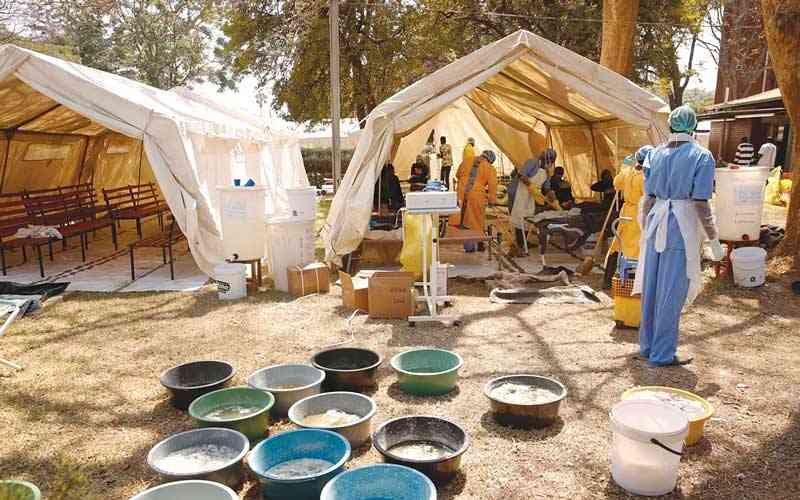
GOVERNMENT this week moved to halt the surge in counterfeit and underweight food products by appointing a team mandated to supervise the production and distribution of the products.
On Wednesday, Health and Child Care minister Douglas Mombeshora said the Food Standards and Advisory Board’s mandate is provided under the Food and Food Standards Act [Chapter 15:04] which was promulgated in 1971.
The legislation provides “for the sale, importation for sale of food in a pure state; to prohibit the sale, importation and manufacture for sale of food which is falsely described; and to provide for the fixing of standards relating to food and matters incidental hereto”.
The appointment of the board comes amid a rise in counterfeit products, raising health fears in the country.
The country’s porous borders, worsened by corruption at the ports of entry, have made Zimbabwe a dumping ground of fake and underweight products.
The influx of fake products comes amid a surge in informal sector players due to high unemployment as a result of the poor economic performance.
The informal sector does not pay taxes and they are neither regulated nor liable in the event of side effects of fake products to consumers.
For underweight products, it means the consumer is not getting value for money.
- Nurses fume over paltry govt loans
- 'Apostolic sects frustrating fight against measles'
- Zanu PF old guard retain CC posts
- Opinion: GZU School of Medicine should improve health service in Masvingo
Keep Reading
This is prevalent in the informal sector where they are breaking bulk and sell in smaller quantities.
The consumer will pay for a 2kg packet of sugar, but will in turn get 1,7kg as the traders maximise on breaking bulk.
The country is battling an influx of counterfeit products that mirror top brands, with Mbare emerging as the hub of the “manufacturers”.
In February, a raid by local skincare products manufacturer, BridgeFort Capital (formerly MedTech Holdings), and the police exposed some players in Mbare that were “manufacturing” and distributing counterfeit products that mirror those produced by the stock exchange-listed entity.
In May, over a thousand businesses were charged with selling expired and underweight goods, among other various offences, according to the Industry and Commerce ministry.
According to the ministry, most of the semi-formal shops were fined for various offences that fall under the Consumer Protection Act.
In May alone, the ministry inspected 5 104 products for weights and measurements and issued 11 030 penalties on non-compliant products.
The appointment of the food standards board should not be seen in isolation.
There is need to plug the porous borders and descend heavily on those bringing in counterfeit products.
A blitz by the police, Industry ministry officials and manufacturers must be carried out to flush out the perpetrators.
Government should take a keen interest in these perpetrators as they are undercutting genuine manufacturers by charging less riding on lower overheads as they do not pay taxes at the expense of consumer health and the nation’s economic welfare.
The interests of consumers must surely be protected.








